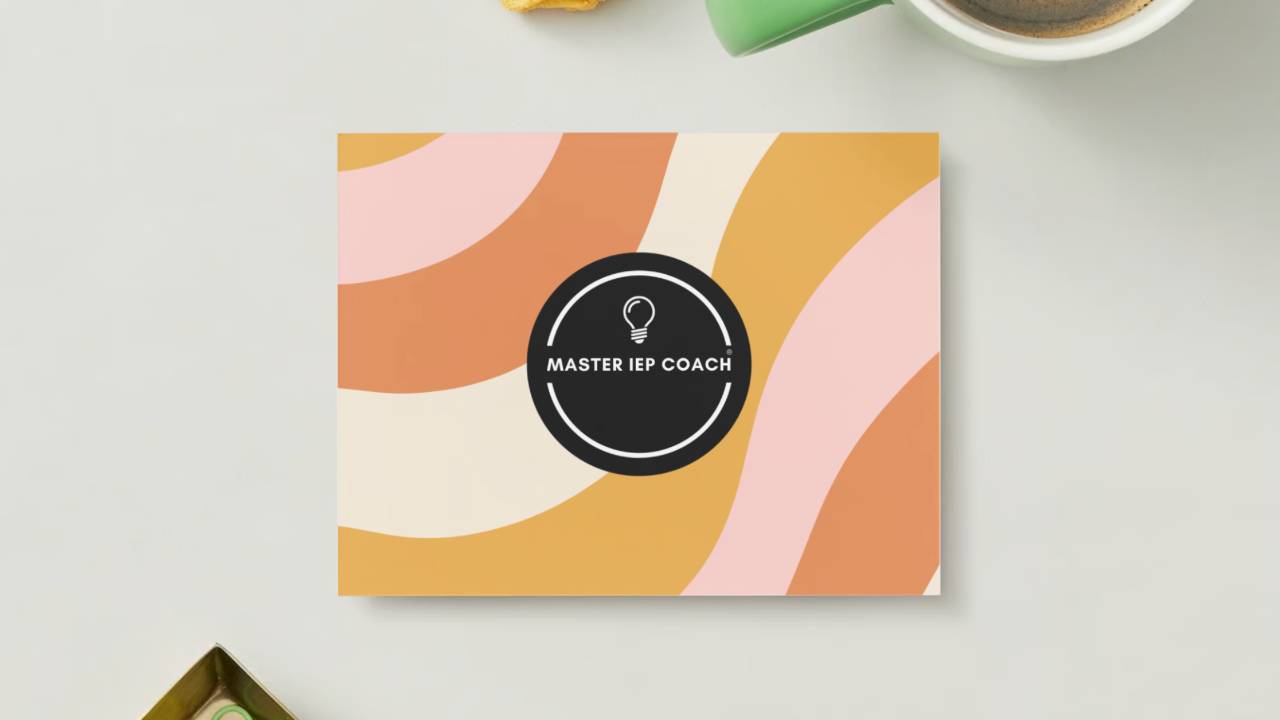
IEP Tug-of-War: 3 Unnecessary Special Education Battles Between Schools and Parents
Special Education Teachers and Parents - Do you remember playing tug-of-war back in the day?
Your hands hurt from pulling so hard on the rope, but you refused to let go because you didn't want to be the loser.
Sometimes you even got mad at your teammates because they let go first. They made you lose the game.
Unfortunately, IEP meetings and decisions can feel the same way.
You're pulling weight with your expertise.
Everyone else is pulling weight with their expertise.
Nobody wants to give in because nobody wants to lose.
I can't stand IEP meetings (or email chains!) that feel this way.
So let me give you 3 "IEP Battles" that you can let go of and find compromise without feeling like you've been defeated...
Battle #1: Inflexible IEP Goals
Have you ever dug your heels into the mud over an IEP goal? Teachers are experts in curriculum and skill building. Parents are experts at what their child needs short term and long term. And often the timing of what IEP goal should be worked on now vs. later, just doesn't match up in the view of what's important from each perspective.
Strategy: Try shorter timeframes to test out goals. And never forget, data trumps arguments. Our job is to prepare children for further education, employment, and independent living. There's never one right way to achieve this result. So let go of "this is how it's always been done" thinking and get creative with IEP goals. Counting pennies may build skills, but managing money in today's cashless society? That's true lifelong learning.
Battle #2: "No Need" for Assistive Tech
Assistive technology is often thought of as expensive communication devices, but that's not true. It's any tool, high- or low-tech, that supports learning. I honestly can't name one student not using assistive tech. I'm pretty sure that every child should have the box "needs assistive tech" checked YES on the IEP. (Seriously, send me an email if you know of a child who isn't using tech. I need to know!)
Strategy: Know what the law says about what assistive tech really is... direct from ed.gov
§1401. Definitions
(1) Assistive technology device
(A) In general
The term “assistive technology device” means any item, piece of equipment, or product system, whether acquired commercially off the shelf, modified, or customized, that is used to increase, maintain, or improve functional capabilities of a child with a disability.
Battle #3: ESY is "Just for Regression"
Extended school year services aim to maintain skills, not solely prevent regression. If you have ever been told (or have been telling others) that ESY is just for regression - this is a conflict that needs to disappear.
Strategy: Get to know ALL of the qualifications for ESY and how it should NOT be a cookie-cutter program. I talk more about this strategy in this blog post.
Now... let's count to 3 and both let go of the Tug-of-War rope on these 3 battles, okay?
1-2-3... DONE!
Gosh, I wish it was that easy. I know it's not.
But, I'm high-fiving you virtually for being here, learning these strategies, and bringing them back to your IEP team!
Ready for more strategies to get out of the constant pulling and pushing in Special Education?
- Earn your Master IEP Coach® Certificate & build your own toolbox
- Become a Master IEP Coach® to help others through the IEP process.
Need to hear more examples about IEP goals, assistive tech, and ESY?
Listen to this episode of the Special Education Inner Circle ⬇️
Apple Podcasts • Spotify • YouTube


